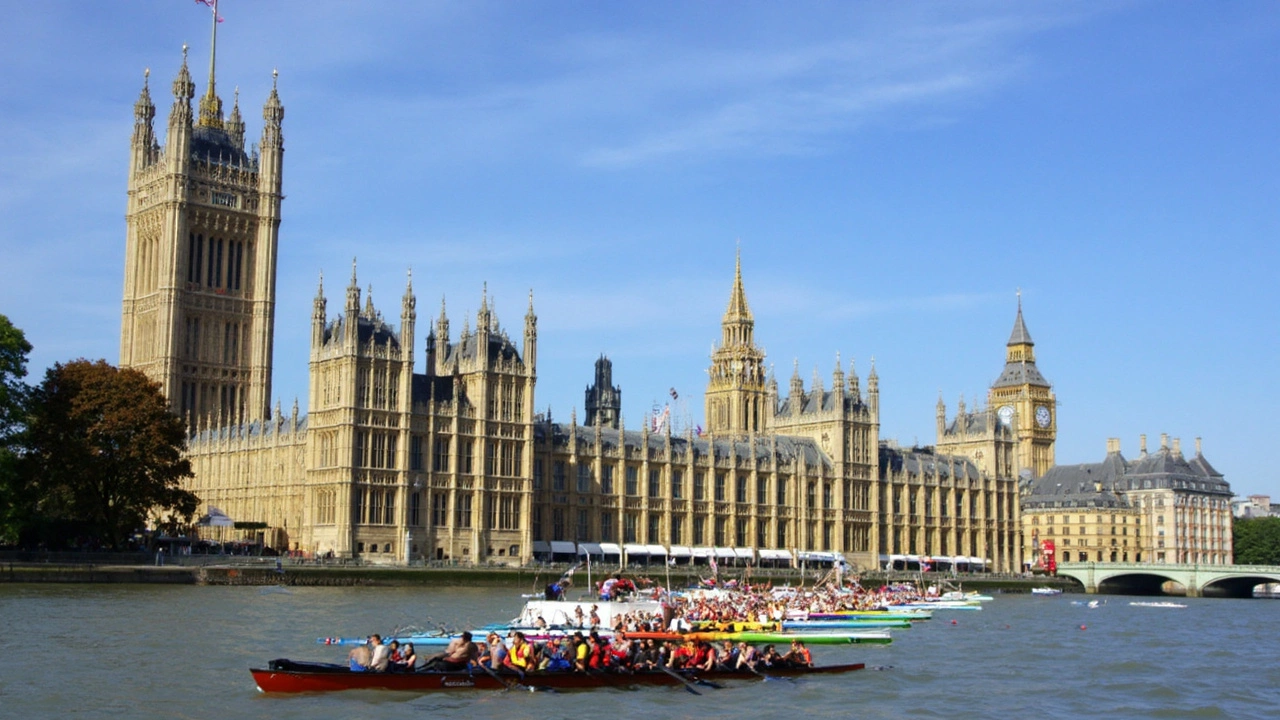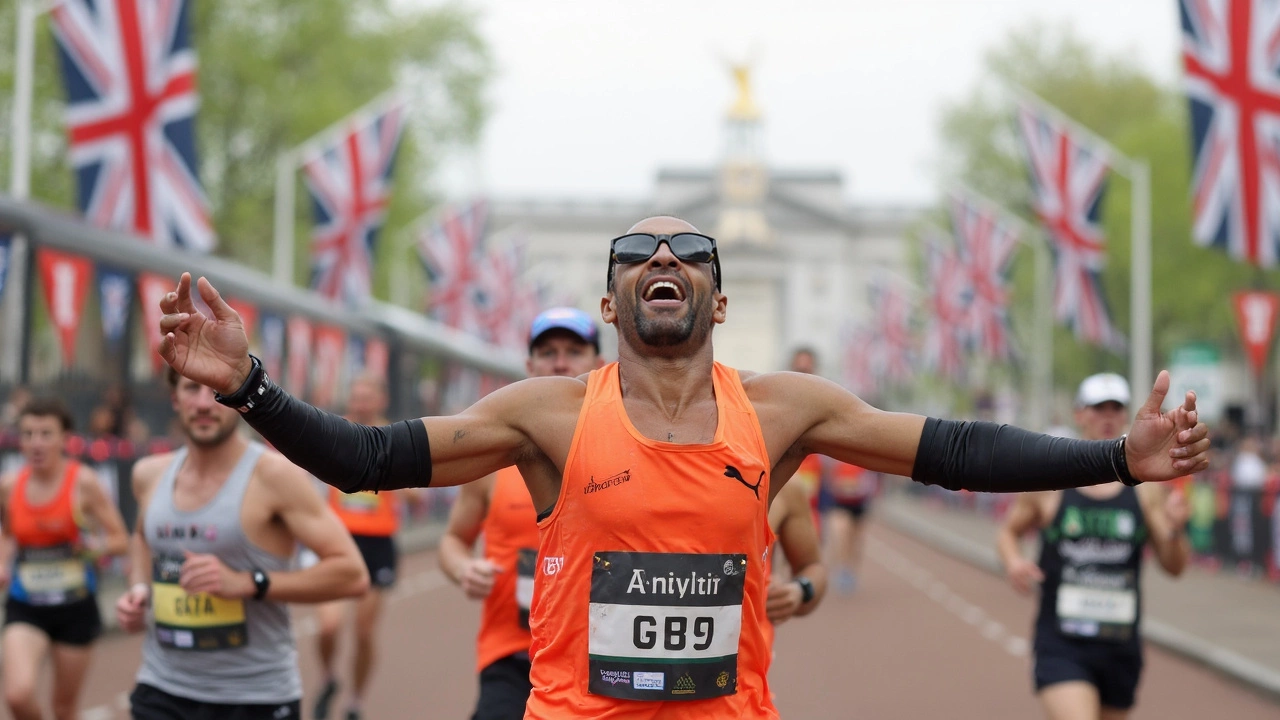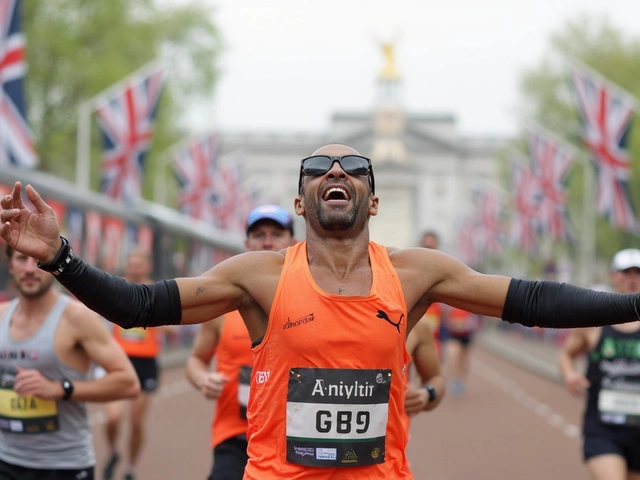Breaking Down London Marathon Finish Times
Ask any runner about what makes a good London Marathon finish, and you'll hear different answers depending on their experience—and ambition. If you’re running your very first marathon, making it across the finish line in one piece is already a win. But if you want a time to beat, most first-timers look at a window between 4 and 5 hours. That gives plenty of room for water stops, selfies at Tower Bridge, and a big smile for the cameras on The Mall.
Seasoned marathoners treat things a bit differently. For those who've run a few already, breaking the 3-hour mark is like earning a badge of honor—it's the territory of club runners who put months into detailed training plans, sometimes squeezing in early morning long runs before work. And then there are the elites: those who make the rest of us look like we’re out for a gentle Sunday stroll. The top men and women are chasing finish times just above two hours, with the London Marathon attracting world-class runners who sometimes get close to world records set at other events like the Boston Marathon (2:03:02 for men, 2:19:59 for women).

How the London Course Shapes Your Performance
One reason London draws so many looking for personal bests? This marathon is built for speed. The course features a net-downhill profile—127 meters of gradual climbing balanced by a smooth 162 meters of descent. That might not sound like much, but on tired legs, even a gentle slope makes a real difference. Unlike New York or Boston, London’s course won’t ambush you with serious hills near the end. In fact, it’s flat enough that many runners record their fastest times here, helped by massive crowds lining the streets and the sheer buzz of running past landmarks like Cutty Sark and Buckingham Palace.
Good For Age (GFA) standards are another layer of the London Marathon puzzle. Want to skip the luck-of-the-draw ballot and secure a spot based on ability? GFA times set an exact target depending on your age group. Though the specific benchmarks for 2026 haven't been released yet, past data shows these times can be tough to meet, especially as you get older—the standards don’t get much easier simply because you have more candles on your birthday cake.
For a lot of runners, though, achieving a GFA time is a dream. Most people you’ll see on the course are there to raise money for charity, cheer on friends, or simply to tick “London Marathon” off their bucket list. For them, the clock is just part of the story. Finishing, celebrating with friends, and soaking up the atmosphere matter more than shaving a few seconds off the last split.
But if you’re the goal-setting type, there’s plenty to dig into: comparing finish times with your running group, trying to edge closer to your personal best, or using official training plans to chip away at your pace in the months leading up to race day. No matter where you cross the line between Blackheath and The Mall, there’s a sense of accomplishment that few other events can match.








Write a comment